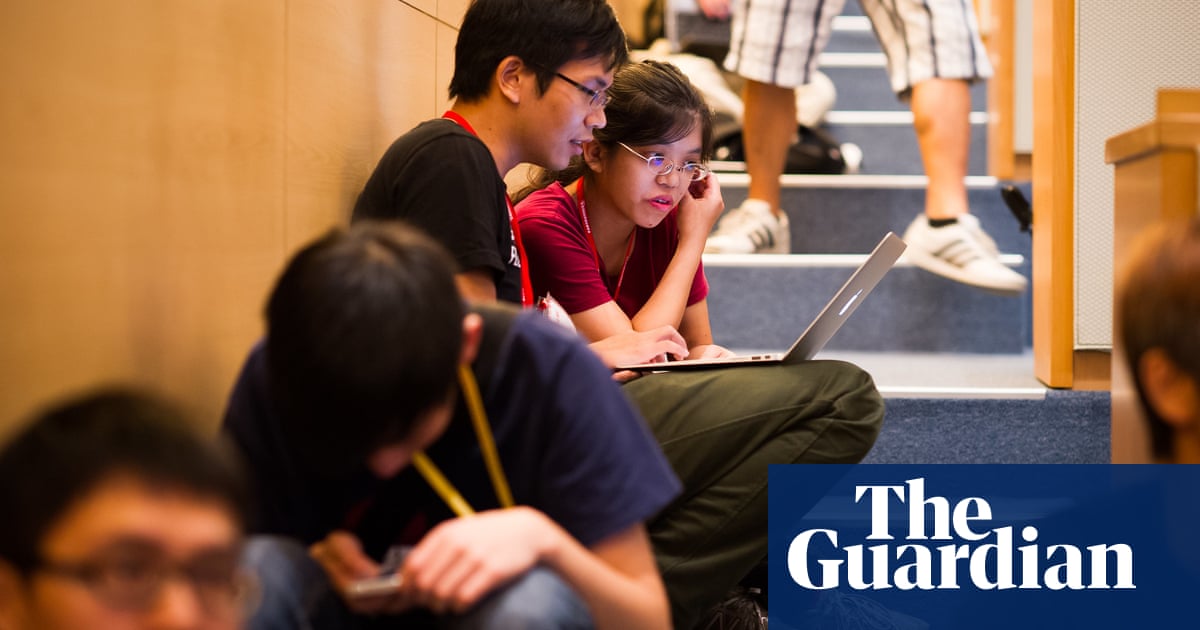Are 'civic hackers' the future of government?
There is no doubt that these kind of technology hacks will form a significant part of our governance future.
Civic hackers are 'technologists, civil servants, designers, entrepreneurs, engineers – anybody – who is willing to collaborate with others to create, build, and invent to address challenges relevant to neighbourhoods, cities, states and the functioning of a country.'
So civic hackers are a collective group of individuals that use technology to run society better.
In Taiwan a new social media platform called Polis is helping these individuals collaborate better, find consensus and be more effective.

'In politics, humans spend most of their time concentrating on what they disagree upon. But if you gamify consensus, you expose points of unity that were previously hidden.
Underneath an angry debate about Uber regulation, for instance, it emerged that everyone really just cared about safety. Then there was the extremely angry debate about whether to change Taiwan’s time zone. But what initially had all the hallmarks of geopolitics (closer to China, or further away?) really wasn’t about that at all – everyone wanted Taiwan to maintain its autonomy, they just disagreed on whether a time zone was the way to do it. The participants even began to change the questions themselves – rather than argue over whether drunk drivers should be beaten with canes, everyone began to focus on how to prevent drunk driving in the first place.
Most valuable of all, by clearing away the noise and divisiveness, vTaiwan created outcomes that the government could actually act on. It has formed the core of around a dozen pieces of laws and regulations now implemented in Taiwan, on everything from revenge porn to fintech regulation. More are waiting to be passed.'
One of the major problems in any democracy is that citizens can really only show their approval or disapproval of government policy and execution at election time. What civic hacker platforms like this allow is a real-time feedback loop on which policy makers can effectively act on.
There is no doubt that these kind of technology hacks will form a significant part of our governance future.


